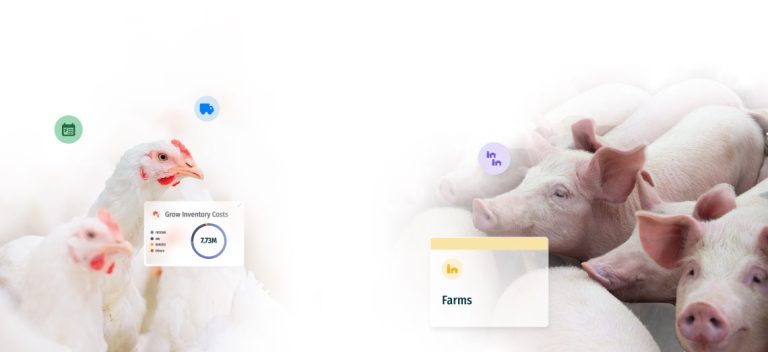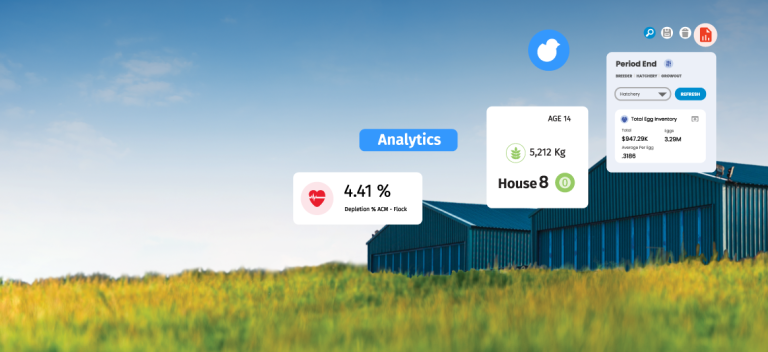Companies throughout the poultry value chain are looking for ways to do their part to increase sustainability and reduce their carbon footprint. Technology has played a big role over the years in helping producers increase efficiency to keep up with the growing population, now technology will be a part of helping producers improve sustainability. In this post MTech Systems’ Environmental Engineer, Padmini Persaud will explain what technology can do to help.
Unpacking the black box of sustainability
Sustainable practices are those which work toward improving things economically, socially, and environmentally. This can be applied to all facets of life as cities, companies, organizations, and nations become more aware of their efforts in sustainability and recognize areas that they can improve in. Most importantly, there is a growing understanding of how things are hindered when sustainability isn’t prioritized. Profits go down, employees and customers become disgruntled, and the resulting environmental consequences create unsafe living or working conditions.
Global interest in sustainability, carbon neutrality and the environmental impacts of industries has been growing in recent years. Overall, climate change has become a bigger issue as Earth’s temperature rises and the importance of greenhouse gas emissions has been highlighted. As of 2021, the US EPA states that agriculture, forestry, and other land use accounts for 24% of global greenhouse gas emissions. In poultry specifically, the majority of emissions stem from feed production, manure management, and transportation of goods throughout the value chain. Other emissions can be attributed to energy consumption and indirect emissions from other capital goods and services.
First steps to improve poultry sustainability
Start with accurate measurement.
Keeping track of the scale and sources of various emissions is a sizable endeavor as specifying emissions into Scope 1, Scope 2, and Scope 3 designations and accounting for each is time-intensive and requires extensive data collection for an accurate report. Technology can help ease this burden as data collection becomes more automated and report generation can be done more readily. Faster processing and analysis lead to more immediate change and reductions to greenhouse gas emissions in industry. At MTech Systems, we are developing a greenhouse gas calculator that will ease the burden on the poultry industry by building reports of Scope 1, Scope 2, and Scope 3 emissions for a user. This business intelligence sustainability tool will also provide what-if analysis so that comparisons can be made between types of energy sources, types of feed, alternative transportation methods, and waste disposal methods. In this way, a company will be able to determine what their carbon emissions are, where they come from, and methods for reducing them. At MTech Systems, we are working toward more sustainable practices and focusing on all three pillars of sustainability (the economic, social, and environmental aspects). Development in all areas will lead to more a more resilience and adaptability as we face an uncertain future.




